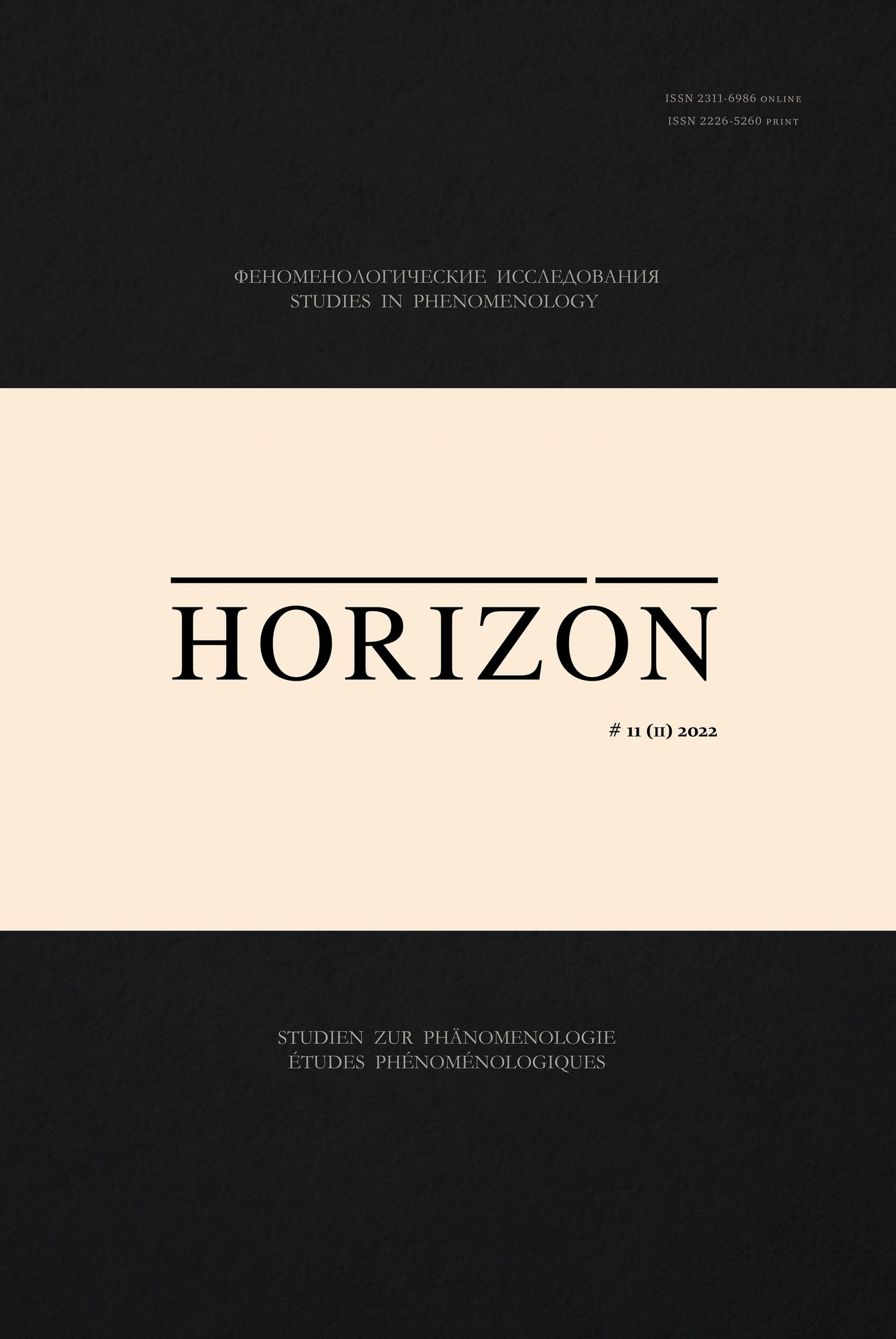"Водяное колесо" вины: тавтология совести в заметках Витгенштейна
THE “WATERWHEEL” OF GUILT: THE TAUTOLOGY OF CONSCIENCE IN WITTGENSTEIN’S NOTES
Author(s): Georgy ChernavinSubject(s): Ethics / Practical Philosophy, Contemporary Philosophy, Analytic Philosophy
Published by: Издательство Санкт-Петербургского государственного университета
Keywords: guilt; Wittgenstein; Kierkegaard; Marheineke; conscience; tautology; Jankélévitch;
Summary/Abstract: The implicit conception of conscience from Ludwig Wittgenstein’s notes from 1929 is brought into comparison with the theory of conscience as a paradoxical identity of guilt and innocence by Philip Konrad Marheineke (which served as a pattern for Kierkegaardian concept of “despair”) and of conscience as a (grammatical and temporal) redoubling by Vladimir Jankélévitch. Wittgensteinian views on conscience and feeling of guilt tend to Marheineke-Kierkegaard’s model (the guilt hides in innocence and vice versa) and to Jankélévitch’s model (the wrongdoing from the past makes us regret the innocence which preceded it in a far remote past). I explore these tautological models of conscience using the example of Wittgensteinian metaphor of “waterwheel”: of an engineering failure producing a constant sentiment of guilt. Austrian philosopher describes his “incapacity to think” as a source of background, freely floating guilt. “Uselessness” and “mediocrity” or as he puts it “groundlessness of your own existence” altogether with “incapacity to think” — those are the self-accusations of the thinker. This torturing state he at the same time considers to be the source of his own philosophical productivity. Would a conscience be possible which would be free of this tautological structure and of this endless “rumination” of the petty guilt? The article proposes a hypothesis how one could break the tautological circle of an idling scrupulous conscience
Journal: Horizon. Феноменологические исследования
- Issue Year: 11/2022
- Issue No: 2
- Page Range: 544-557
- Page Count: 14
- Language: Russian

